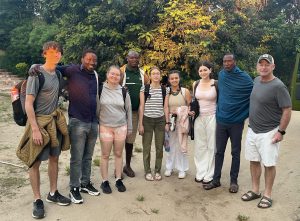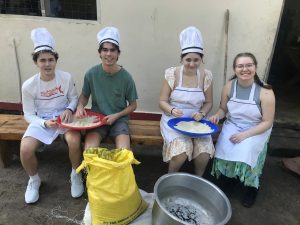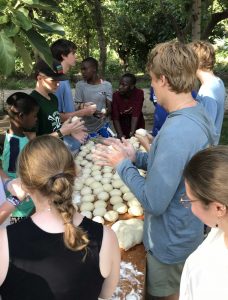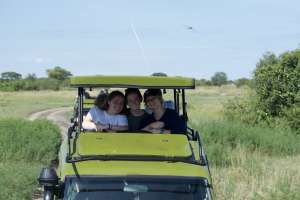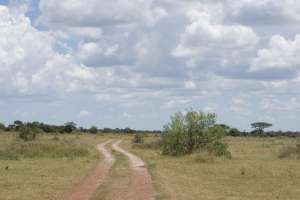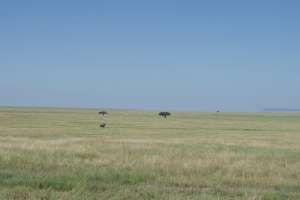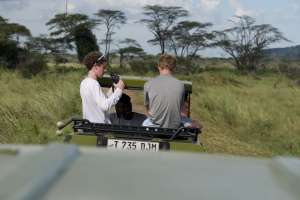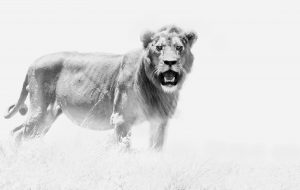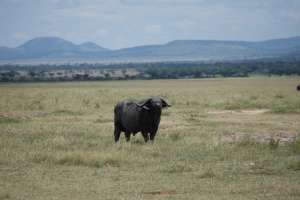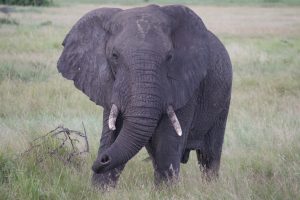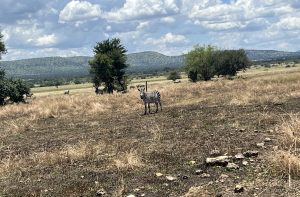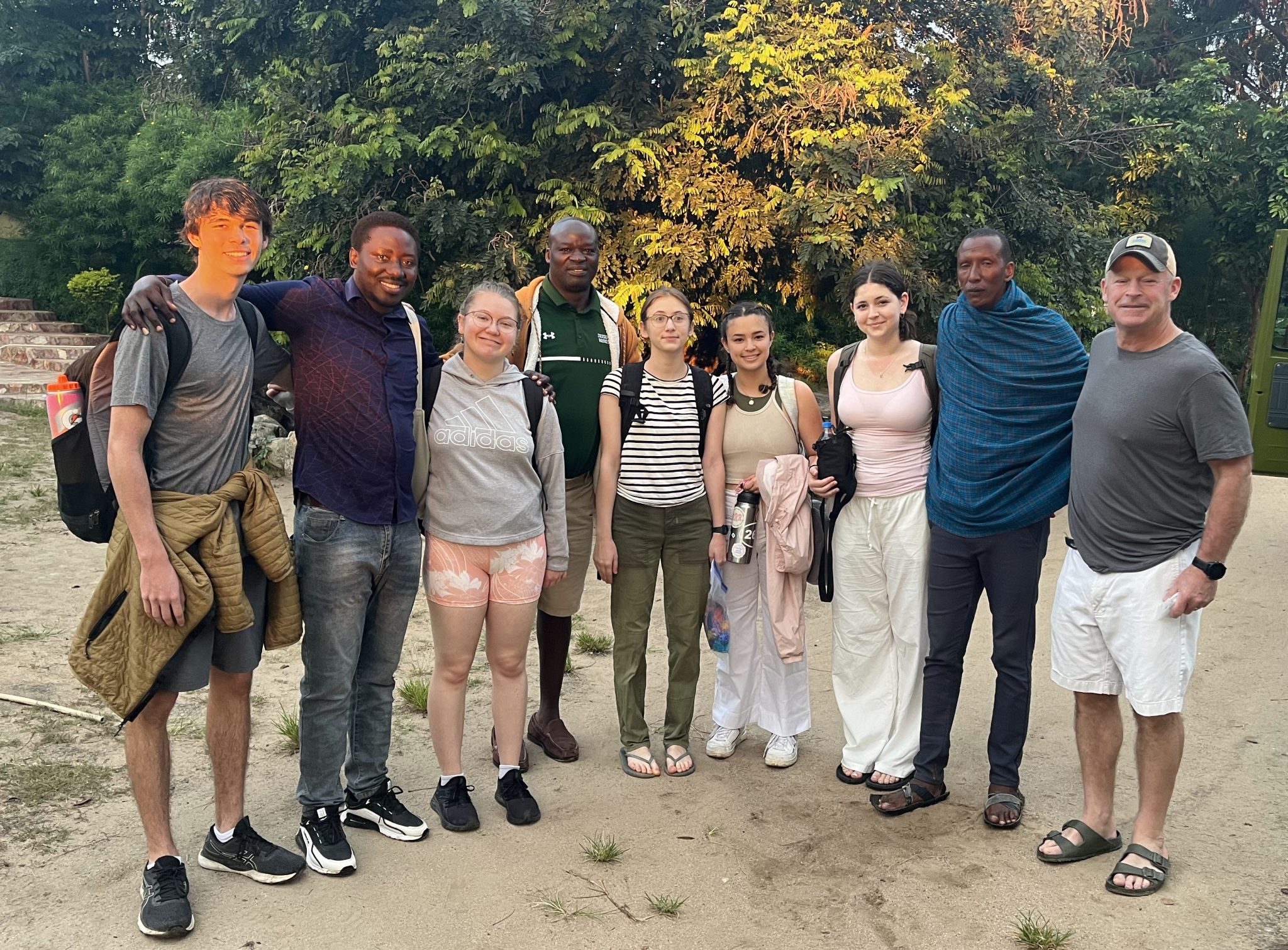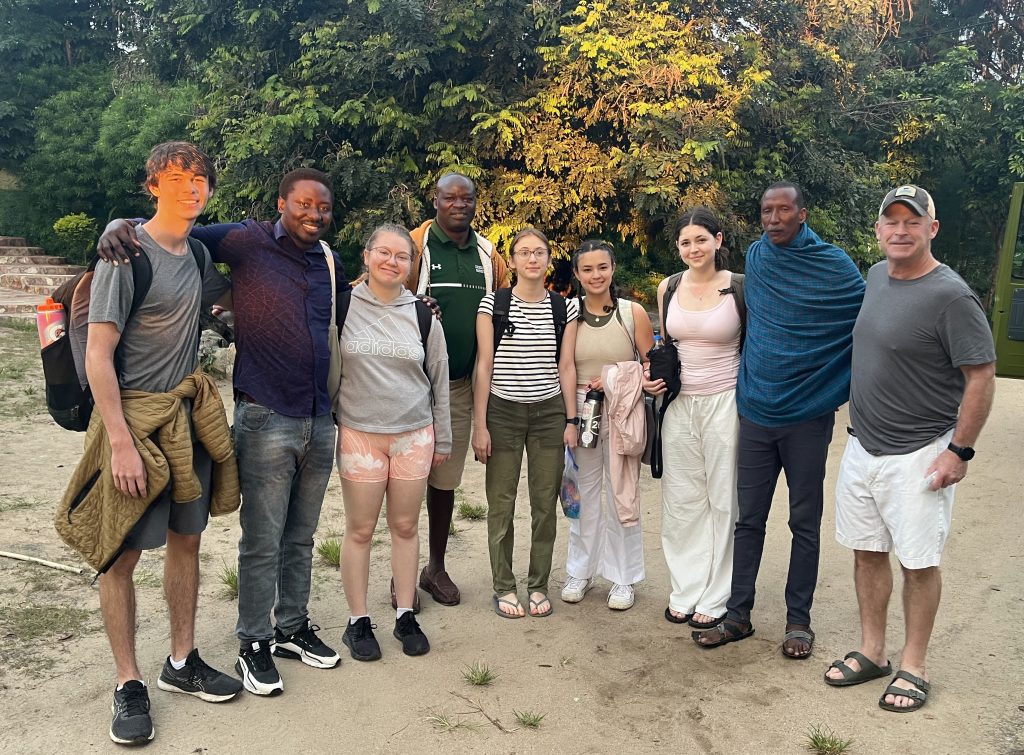Chas ‘ 25, reflects on the meaning of our shared humanity and the value of fully immersing in a culture.
I had no problem getting out of bed today, even if it was extra early and before sunrise. Images of lion, giraffe, cheetah, leopard, and elephant flashed through my mind before jumping out of bed to grab my backpack with a day’s load of clothes and camera. The drive to the Serengeti park entrance lasted two hours, which felt extremely short even without a phone to occupy me. Instead, I admired the hundreds of lives flashing by with the breeze in my open window. Although everyone wore different clothes outside, spoke in a different language, and inhabited a completely different society furnished with dirt roads and no AC, I still felt as if the world had shrunken during this drive because I noticed our shared humanity more than anything. The little kids playing soccer outside the schools and tripping each other jokingly reminded me exactly of me when I was seven. The faith of each community, with hundreds of people huddled in outdoor churches for Sunday mass, reminded me of my own town back at home on Sunday coming together through a shared religion. The mothers sitting on shaded chairs passionately picking up and bear hugging their children reminded me of my own mom showing her love when my height was below her waist. Although nothing looked familiar, everything felt familiar and offered me complete security and belonging.
When we got to the park entrance, we all got out of the car to stretch our legs and drink Pepsi’s together. The three safari guides for the three separate cars explained to us the meaning of the word “Serengeti”. The Maasai, which is the local tribe, use the word “Serengeti” to describe “endless plains”. Due to the Ngorongoro volcano erupting thousands of years ago, the dirt in the park is high in alkaline, and this inhibits trees from growing. Just like when you lose your breath in awe looking out into the sea and only seeing waves for miles and miles, the Serengeti gives the same effect with its infinite sea of grassy plains: the sublime.
The guides extended the roof of the car, so we could extend our bodies out of the car while standing up on the car seats. We took turns standing on the seats in the back of the vehicle, where there wasn’t even a roof. I felt like I was flying as the car soared through dirt roads, weaving through vervet monkeys, olive baboons, and impala. Though I got sunburnt along with many others, we all still agree that we don’t regret paying that price for the feeling we will never forget of weightlessness and constant passion for everything zooming past us.
On our first safari, we saw lions mating, many types of ungulates, including giraffe and zebra, primates, a plethora of colorful birds, and even elephants. My favorite moment of the safari was having a face to face encounter with a massive elephant bull. He approached our car out of curiosity, and we shared an intimate moment of learning from each other. I felt so miniscule and found more comfort in feeling like a small element of a much larger ecosystem.
By around five, we got to our hotel in the middle of the park, which was situated on the top of a hill and had views of pure wilderness for as far as the eye can see. The hotel was extremely nice, equipped with amenities such as a pool, hot showers, and a buffet dinner. Although all of us were thankful to experience such a luxurious stay, we saw an underlying problem of most tourists visiting Africa as a whole just to stay at a place similar to the one we were in. The hotel, like most safari lodges, generalized the diversity of African culture to depict one tribal-like Western idea. Each wall was covered in tribal masks. Although this could still be a true Tanzanian tribe depicted throughout the lodge, we understood how it can be harmful for most of the world to solely see this one, uncontacted, side of Africa that rarely exists today. The stay at the lodge almost made our stay at Mainsprings more valuable. We understood how lucky we are to be immersed in the true Tanzania, which isn’t just pure wildlife and uncontacted tribes. It’s so much more than that.
